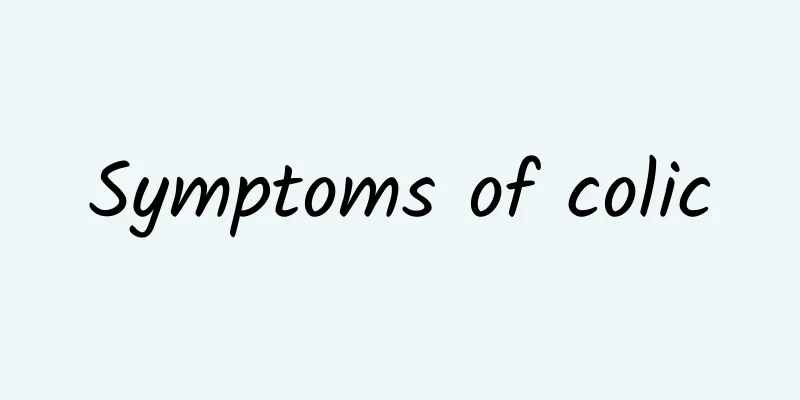Herbal medicine for nephritis

|
Nephritis is mainly caused by infection and inflammation of the kidneys. After suffering from nephritis, patients will experience symptoms such as fatigue, edema, and lower back pain. However, if you want to confirm nephritis, you still need to go to the hospital for professional examination. Both Western medicine and traditional Chinese medicine can treat nephritis. Traditional Chinese medicine treatment takes a relatively long time, and usually some Chinese medicines are chosen. So, what are the herbs that can treat nephritis? The principles of treatment include removal of the predisposing factors, general treatment, treatment targeting the cause and pathogenesis, treatment of comorbidities and complications, and renal replacement therapy. 1. General treatment This includes avoiding fatigue, eliminating triggers such as infection, avoiding contact with nephrotoxic drugs or poisons, adopting a healthy lifestyle (such as quitting smoking, exercising moderately, and controlling emotions), and a reasonable diet. During the acute phase, you should rest in bed and gradually increase your activity after the clinical symptoms improve. A low-salt diet (less than 3g per day) should be given during the acute phase. People with normal renal function do not need to limit protein intake, but in cases of azotemia, protein intake should be limited, and high-quality animal protein should be the main source. People with oliguria should limit their fluid intake. 2. Treatment targeting the cause and pathogenesis Treatment targeting the immune pathogenesis often includes glucocorticoids and immunosuppressants. Blood purification treatments such as plasma exchange and immunoadsorption can effectively remove autoantibodies and antigen-antibody complexes from the body. Treatment targeting non-immune pathogenesis, including hypertension, hyperlipidemia, hyperglycemia, hyperuricemia, obesity, proteinuria, intrarenal hypercoagulable state, renin-angiotensin system activation, and oxidative stress. Renin-angiotensin system blockers, such as ACEI/ARB, are one of the most important therapeutic measures to slow the progression of kidney disease. 3. Treatment of comorbidities and complications Patients with kidney disease often have multiple comorbidities, such as metabolic abnormalities, hypertension, coronary heart disease, heart failure and cirrhosis, which may aggravate the progression of kidney disease and should be actively treated. Complications of kidney disease may involve various systems, such as infection, abnormal coagulation function, renal hypertension, renal anemia, renal osteodystrophy, water, electrolyte and acid-base imbalance, acute left heart failure, pulmonary edema and uremic encephalopathy, and should be treated actively. |
<<: How to take loquat paste to treat cough
Recommend
Who can't drink Astragalus?
Many people may not know which type of people sho...
What should I do if I have chronic nephritis? Pay attention to dietary conditioning
The kidney is a very important organ in our human...
What should young people do if they have back pain while working?
For young people, if they are not careful when wo...
Causes of general weakness and limb weakness
If you feel weak all over and your limbs are powe...
When is it time to correct protruding teeth?
Buck teeth are a relatively common type of dental...
How to relieve yellow vaginal discharge?
Due to the special structure of women's priva...
Symptoms of blood clots after cesarean section
Many women think they should stay in bed to rest ...
How big of a granuloma can you avoid surgery?
Zika is a common disease that can occur in people...
Causes of chronic eczema
Eczema, a skin disease, actually has two types: c...
The order in which food passes through the digestive tract
The order in which food passes through the digest...
How to effectively treat phlebitis
The full name of phlebitis is thrombophlebitis, w...
What causes frequent headaches?
Frequent headaches are a symptom that many people...
What are the rehabilitation treatments for ankylosing spondylitis?
Ankylosing spondylitis is a type of seronegative ...
What should I do if the upper ring is displaced?
For women, IUD insertion is a common contraceptiv...
There is a hard swelling on my face
Sometimes when you touch your face, you will sudd...









